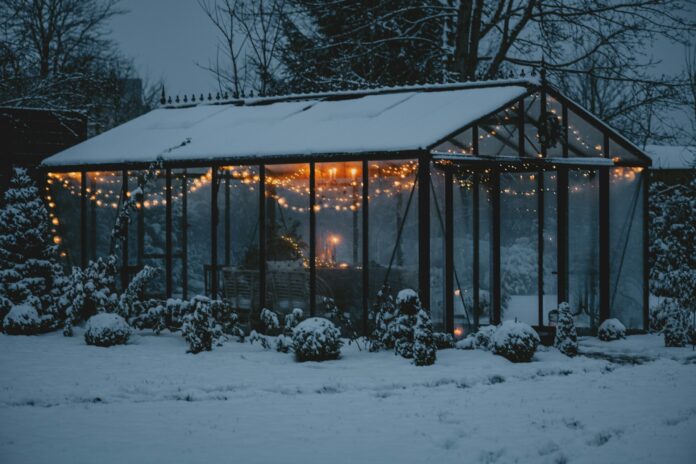After a few blissful days of sunshine, it’s enthusiastically short shorts, permanently lit barbecues and sunglasses glued to our faces from here on in. And just as you ought to take precautionary measures to protect yourself from the strongest rays (remember to slap on the suncream, kids!), the heat of the summer also means your garden will need a little extra TLC. Those seedlings you planted during spring should be maturing into young plants by now, but they still may not be hardy enough to survive entirely on their own. Rogue shoots may need pruning, and watering done with much more regularity. It’s a lot to bear in mind, but we’re here to help with these; our 4 IDEAL summer gardening tips.
PRUNE YOUR SPROUTS
Summer is the time when you need to start trimming back everything you planted in the spring. If you don’t, your plants may become overly bushy or ruin the careful landscaping plans you envisaged when first sowing those seeds. Additionally, if any of your new plants start showing yellow or browning leaves, these should be removed right away. While some plants will shed leaves naturally, you don’t want them building up around the plant, fostering pests and the threat of undue destruction. Additionally, these unhealthy leaves when falling off prematurely can cause clog gutters, which when left unattended can cause water damage to your property. To avoid such a scenario, make sure your gutters aren’t clogged up and remember to keep them in good condition and clear all year round, not just in summer.
FERTILISE EVERYTHING
When summer rolls around, it’s time to fertilise. The frequency with which you need to fertilise will depend on your natural soil type, whether the plants are in the ground or in containers, and what kinds of plants you’ve put in the garden itself. There are a wide range of different varieties of fertilisers available, too; while you can buy ready-made fertiliser from most stores, adding food scraps to your garden is another excellent way to add nutrients to the soil and encourage worms, as well as doing your bit to reduce food waste.
WATCH YOUR WATER
As temperatures and the frequency of rain change in the summer, you’ll need to be extra careful with how often you’re watering your plants. Some plants may need extra watering if they’re thirsty or located in dry, sunny areas, and others will need less because of drainage or other factors. Overwatering and underwatering are both enemies of healthy plants, so if you need a little extra help, do some research online on what how to best quench each and every plant in your garden’s unique thirst.
WEED OUT THE WEEDS
If you’re not a fan of weeding your garden, summer is a good time to add weed preventatives to your garden so you won’t be elbow deep in them later down the line. Soil additives are available to discourage weeds, of course, but options like mulching and adding gravel instead are much more eco-friendly choices. If you’d rather take a more natural approach, you can use ground-covering plants in your garden instead. If you prefer to pull weeds yourself, that’s always an option too, of course, but it requires the most effort.





